The Ultimate Review of the Tuttle Twins Series (all 12 books)
Inside: An honest review of the Tuttle Twins Series by Connor Boyack. Free Reading Log download. This post may contain affiliate links. For more information see my disclosure.
My love for economics began during my freshman year in college. I picked ECON 101 on a whim to fill an elective. But there in an auditorium of 200 students, I hungrily absorbed information and spent the semester falling in love with the subject that would become my major.
When it comes to my own children, I’m afraid I’ve done little in teaching them core economic principles. Sure, we talk about supply and demand some here and there. We’ve discussed TANSTAAFL (There Ain’t No Such Thing Aa A Free Lunch). But, I’ve never really set out to intentionally teach it.
When I saw an ad for the Tuttle Twins Series comes across my Facebook page, I noticed and kept scrolling.
When other moms I knew were discussing the books and whether or not they should take advantage of the sale, I paid attention.
The idea of books written for children teaching economic principles appealed to me. I headed over to Cathy Duffy’s reviews to see what she had to say. It all seemed positive so I jumped on board, eager to share my love of economics with my children (and maybe get a refresher myself!).
What are The Tuttle Twins Books
Written by Connor Boyack, the books center around two twins, Ethan and Emily. Boyack based the twins off of his own children.
Each illustrated book is roughly 60 pages long. The books try to explain economic principles in terms simple enough for children to understand. Most books are based on a larger work by different authors or economists.
To date, there are eleven books in the series.
Different Schools or Thoughts of Economics
It is important to know, especially if economics is something you yourself are unfamiliar with, there are different schools of thought. This series very strongly follows Austrian economics. This train of thought places incredible faith in the free market and believes that government control or interference should be little to non-existent.
An Unexpected Discovery
I excitedly snatched my package containing The Tuttle Twin books off my porch. I brought it inside where I quickly tore into it.
Grabbing the first book I opened it and began to read, eager to see what I would be sharing with my children come fall.
And as I read my excitement began to wane. As I finished I had to sit and think about what it was that threw me off. After all, I believe stealing is wrong. But having people in the government portrayed as bad guys who steal from me to give to other people didn’t sit right.
And then it hit me. This book had a Libertarian bias.
Since I was not expecting a political bias, it quite caught me by surprise. And because I don’t share the author’s political beliefs I was taken aback.
It was then I realized I was going to need to preview every book before handing them to my children.
My Honest Review of the Tuttle Twins Series
Since I found reviews for The Tuttle Twins Series to be lacking when I was doing research, I thought to share my own more thorough review. One which went deeper than “My family loves this!” or “We have these!” Because those shallow testimonials don’t give much insight into whether or not your family will love them. So, here is my opinion on the series as a whole. You can choose for yourself whether or not they will fit your family.
What I Liked About The Tuttle Twins Series
Since I had energetically (and perhaps foolishly) ordered the entire series before reading any of them, I read through the remaining books.
Ethan and Emily, age 9, come across as hard workers who are concerned about those in their community. When they see an injustice, they search for how they might help and what actions could be taken.
For example, in the Taco Truck Fiasco, they work to change the regulations resulting from protectionism. In Spectacular Show Business, they become entrepreneurs and borrow capital to run a theater.
They have a strong support system of family and neighbors to mentor them.
The books encourage hard work, honesty, and treating others fairly.
Economics-wise, they do explain the economic concept in a manner easily understood by children.
Most of the books did not carry a strong political overtone, although a few did.
The Miraculous Pencil and Education Vacation were my favorites in the series.
The Miraculous Pencil I found interesting and the Education Vacation is all about the benefits of homeschooling from an economic standpoint, which I thought was well done.
The Tuttle Twin Activity Books
Each book came with a free PDF activity book. Included in the activity book are:
- coloring pages
- crosswords
- word searches
- decode the phrases
- mazes
- mad libs
- a recipe
- discussion questions
- a writing assignment
These can add some fun to the books. From a homeschooling standpoint, these sheets would mostly be considered “busy work.” There is little reinforcement going on in the booklets, aside from the writing assignment and discussion questions. BUT, kids would still enjoy them.
What I Disliked about The Tuttle Twins Series
I was obviously surprised by the political bias in these books given the age range they are targeting (5-10). Coupled with the Austrian school of thought on economics, at times they read anti-government.
There are many ways to teach economic concepts that allow the learner to develop their own opinions on government and free markets. Boyack chooses to do so by portraying the government as evil and lauding free markets. His bias is apparent in all the books.
The books talked about the government as the “bad guys.” There were several references to the government “stealing” from people.
For example, in the first book, the twin’s neighbor, Fred, teaches how the government steals his property and gives it to others without his permission (alluding to taxes). This is demonstrated by a police officer dressed as a burglar stealing his tomatoes to give to his neighbor.
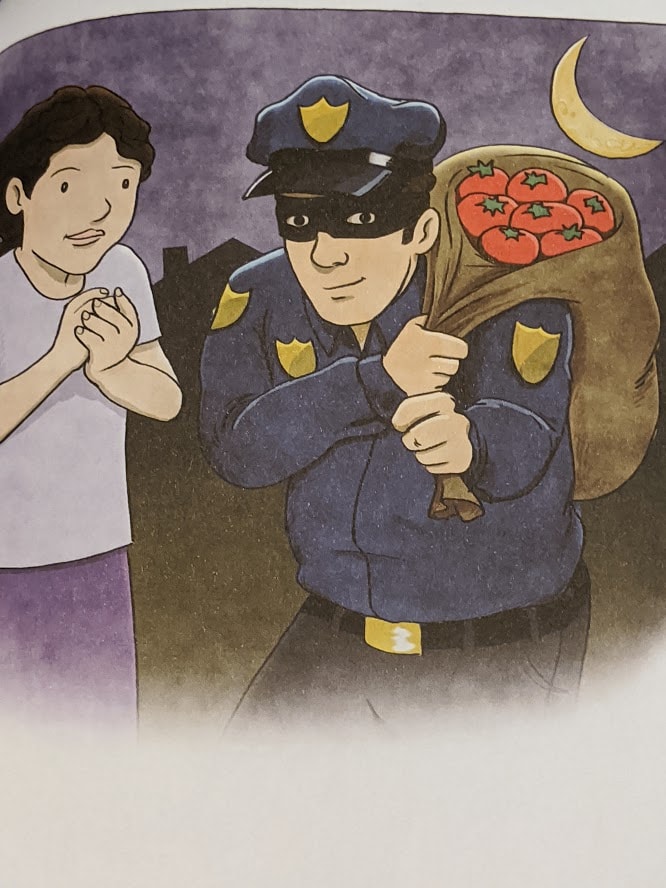
In The Creature from Jekyll Island, the Federal Reserve is described as a wretched creature and accused of stealing money from their grandfather. (The Creature from Jekyll Island is actually its own book by G. Edward Griffin about the Federal Reserve.)
Mostly, I would have preferred a more neutral teaching tone and no political bias.
The Tuttle Twins Series: A Book by Book Breakdown
Since there are twelve books in the series, I’m not going to give a full review of each book. Instead, I’m just going to hit the highlights, and then I’ll give my overview of the series.
For each book, I’ll tell whether or not there is a religious or political viewpoint, the economic principle being taught, and if it is based on another book or train of thought.
At the end, I’ll share my thoughts on the series as a whole.
The Tuttle Twins Learn About the Law #1
- Religion: Teaches the rights we have come from God–no mention of a specific religion
- Political: Has a strong Libertarian overtone throughout the book
- Economic: Teaches the concept of legal plunder
- Based on The Law by Frederic Bastiat
With the help of their neighbor, the twins learn that we all have rights given to us by God. They learn we need to protect these rights from the bad guys in government.
The Tuttle Twins and the Miraculous Pencil #2
- Religion: None
- Political: None
- Economic: Teaches the concept of spontaneous order and division of labor
- Based on the essay “I, Pencil” by Leonard Read
The twins go on a field trip to learn how pencils are made. They learn all about the different jobs needed to get all the materials to make a single pencil. The breakdown of the pencil family tree is rather fascinating.
The Tuttle Twins and the Creature from Jekyll Island #3
- Religion: None
- Political: Libertarian overtones
- Economic: Teaches about the Federal Reserve, fiat currency and inflation
The twins head to a carnival to sell their honey. They learn about the Federal Reserve and how money loses value due to inflation and it would be better if people were able to choose their currency instead of having a fiat currency.
The Tuttle Twins and the Food Truck Fiasco #4
The twins learn their friend who owns a food truck is going out of business due to regulations created by the mayor to protect his friend who owns a big restaurant and wants to eliminate competition. The twins work to change the regulations.
The Tuttle Twins and the Road to Surfdom #5
- Religion: None
- Political: very stong Austrian Economic principles, not necessarily political, but more apparent than in other books
- Economic: Teaches about central planning, collectivism, and eminent domain
- Based on the book The Road to Serfdom by F.A. Hayek
The twins learn their favorite beach is losing shop owners and residents due to a new road diverting people to a new and now more popular beach. They learn there can be unintended consequences when the government tries to plan for everybody and it is better when individuals are allowed to choose what is best for them.
The Tuttle Twins and the Golden Rule #6
- Religion: Mentions some religions follow the Golden Rule
- Political: None
- Economics: Teaches the principle of non-aggression
- Based on Ron Paul’s book A Foreign Policy of Freedom
The twins head off to summer camp. A teammate on Ethan’s team takes to cheating to ensure they win. Emily’s team catches on and takes revenge. Instead of causing Ethan’s team to stop, it creates blowback when they up their cheating game. The twins learn about the Golden Rule and the economic principle of non-aggression–they should never attack another person or their belongings and only use force to defend themselves.
The Tuttle Twins and the Search for Atlas #7
The twins try their hand at being circus clowns. The other circus clowns demand all the same perks as the strong man even though he does more work. This causes him to quit the circus and the circus loses business. Emily and Ethan set out to find the strong man and convince him to return. They learn what the clowns wanted was called socialism–where everybody gets the same thing, even when they are not putting in the same amount of effort.
The Tuttle Twins and their Spectacular Show Business #8
- Religion: None
- Political: None
- Economics: Teaches about entrepreneurship and competition
- Based on Competition & Entrepreneurship by Israel Kirzner
In this book, the twins decide to start their own business. With a $14,000 loan from their grandmother, the twins create a business plan and start a theater.
The Tuttle Twins and the Fate of the Future #9
- Religion: None
- Political: Libertarian
- Economics: Teaches that a state is a form of government that exercises a monopoly of control over people and polycentric law where governments compete
- Based on Anatomy of the State by Murray Rothbard
It is their turn to choose the next book for book club. The twins learn that states (government) are a lot like a gang using coercion to get their way and it would be better if there was polycentric law where governments could compete against each other. They and their friends brainstorm ways that persuasion could be used instead of coercion to create a better government.
The Tuttle Twins and the Education Vacation #10
- Religion: None
- Political: None
- Economics: Teaches about social engineering and compulsory education in public schools
- Based on ideas from The Underground History of American Education by John Taylor Gatto
Mr. Tuttle has the opportunity to take the family to Europe with him, but it will mean the twins miss school. After attending a lecture by Mr. Gatto, they learn children learn best when education can be individually tailored to each child–something public schools can’t do. They choose to homeschool and enjoy their freedom diving deeper into subjects that excite them.
The Tuttle Twins and the Messed Up Market #11
- Religion: None
- Political: None
- Economics: Teaches about incentives, subsidies, and opportunity costs
- Based on ideas from Human Action by Ludwig von Mises
After a successful run, the twins sell their theater. Not wanting to lose money by placing their earnings in a bank, they decide to give loans to other children entrepreneurs. The twins learn about incentives and risks when it comes to choosing who to loan their money to.
The Tuttle Twins and the Leviathan Crisis #12
- Religion: None
- Political: None
- Economics: Teaches about demagogues, the Rachet Effect, and the effects of recession and stimulus money
- Based on ideas from the book Crisis and Leviathan by Robert Higgs
In The Tuttle Twins and the Leviathan crisis, the twins learn about how governments use fearmongering during times of crisis to exploit people’s emotions as an opportunity to gain more power. They learn the importance of the power of truth and of understanding history. This book is great for helping kids understand the economics behind the pandemic and the explanation for people’s behavior.
My Overall Thoughts on the Tuttle Twins
I still plan to use the books this coming fall with my younger children. I will approach them the same way I do any other curriculum which deviates from our personal beliefs. We’ll read it and discuss the differences.
Discussion Starters
I would recommend reading through these books with your children. The real teaching from these is going to come in the discussions afterward.
Do you believe the government should help out the poor or subsidize businesses? Should anyone else benefit from your hard work?
At the end of each book, there are some discussion questions to get you started. In the activity book, there are more in-depth questions.
In my opinion, the discussion aspect of these books is what makes them worth it. Encourage your children to be critical thinkers and challenge what they think. Do they agree with the author’s thoughts? Why or why not?
These books do not fit the original mold I had in mind, but that’s okay. They will serve their purpose just the same.
Update
We have been using these books in our homeschool for several months now. I have come to really appreciate the economic principles they teach. We moved to an area of the country where socialist ideals are very popular and these books have helped my children to understand the dangers of too much government interference and why limited government is preferable.
My high school sophomore has even used them to help her understand the economic principles she was learning in her economics class because it breaks down the concepts easily.
These are the best economics books I have found for elementary-aged children.


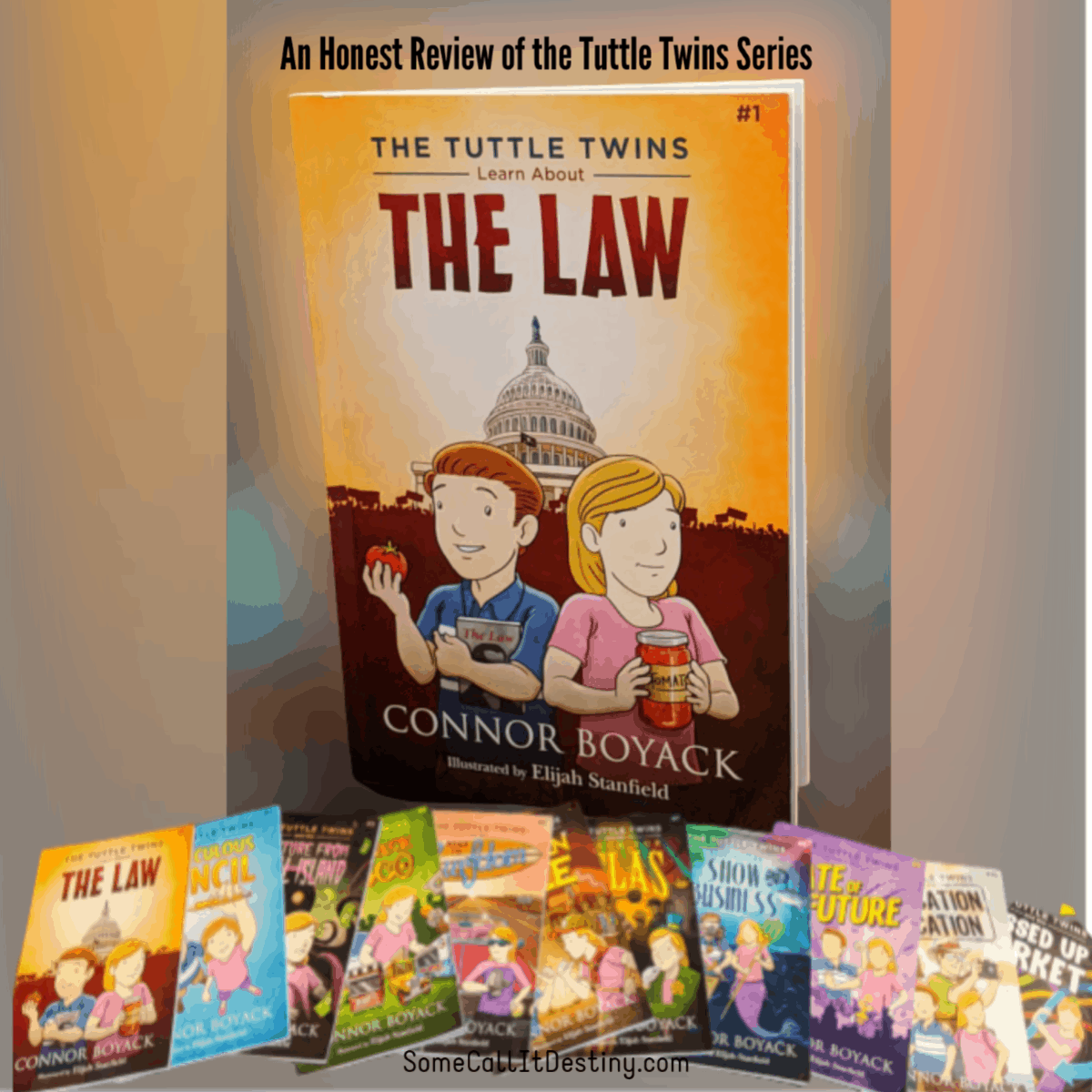

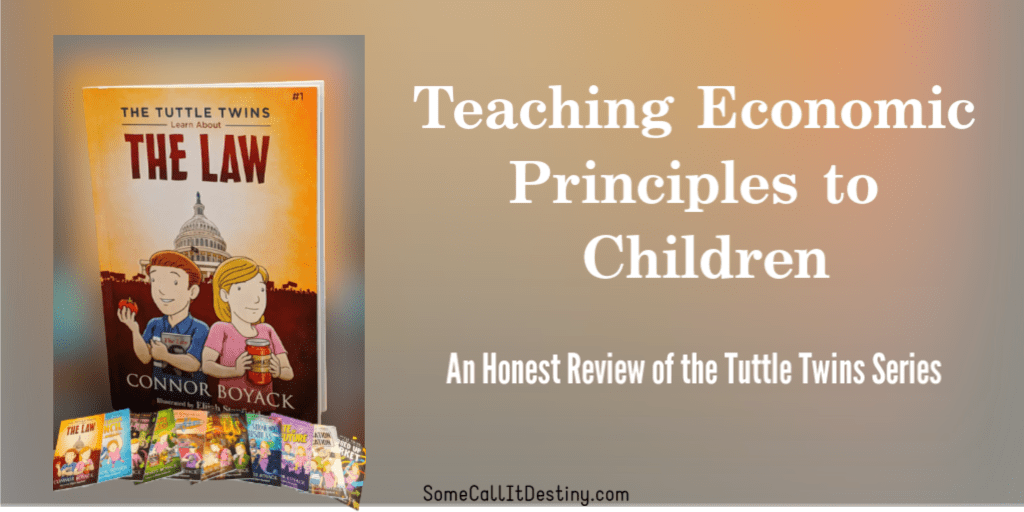













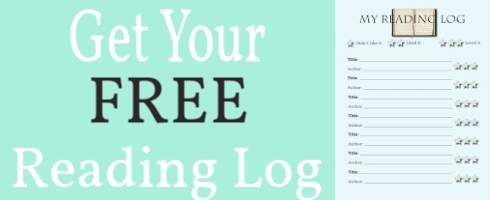
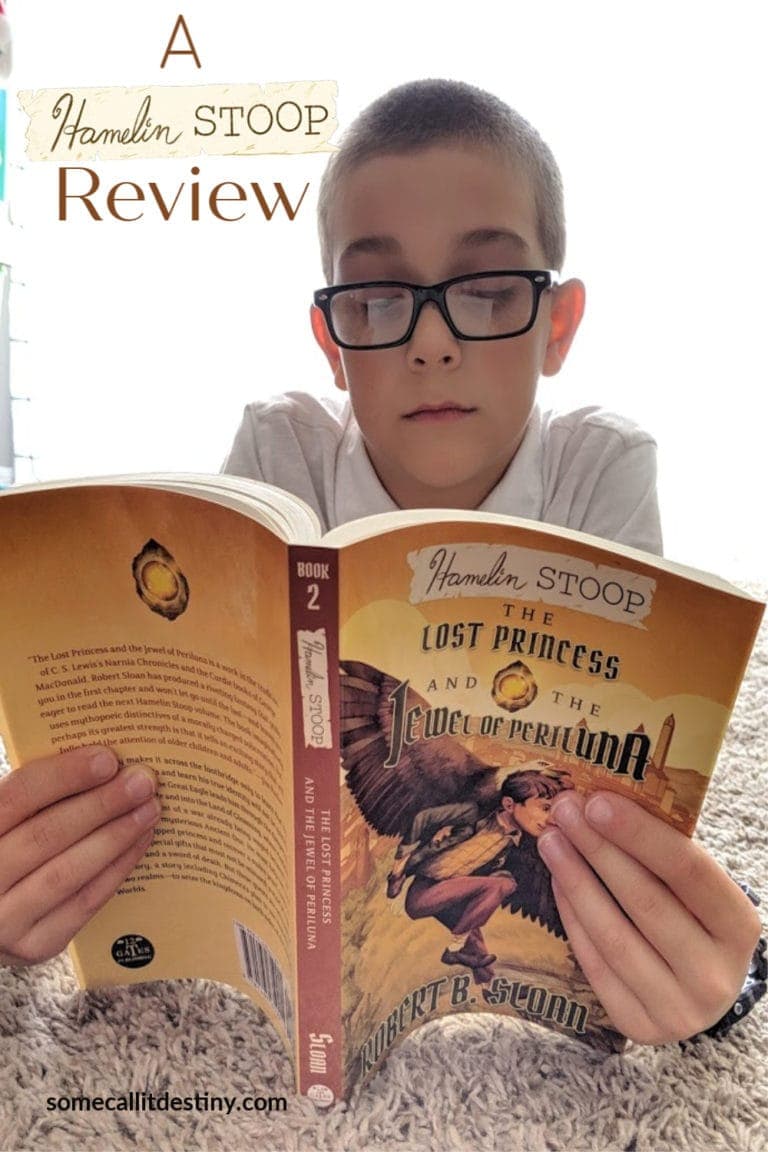
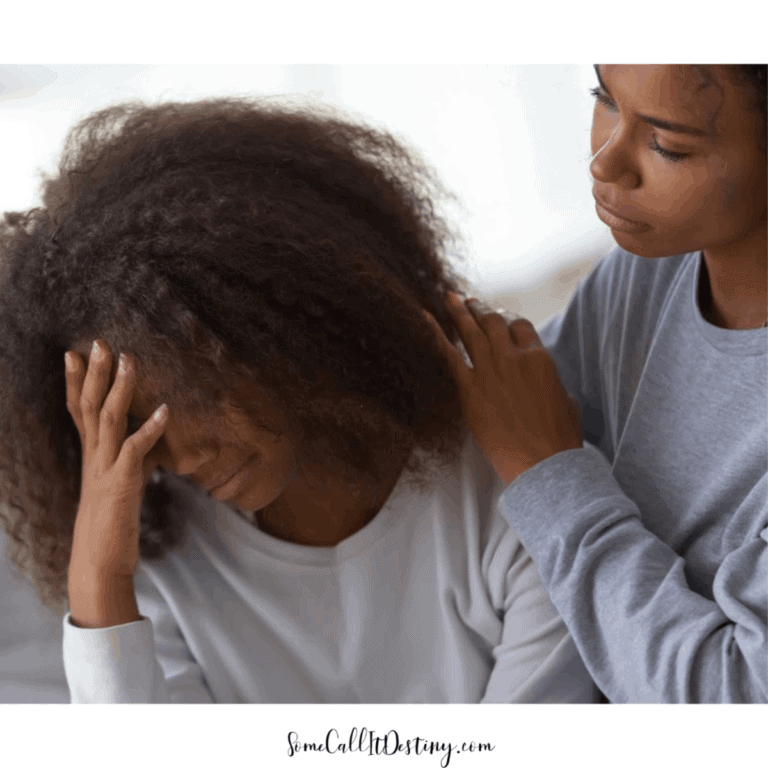
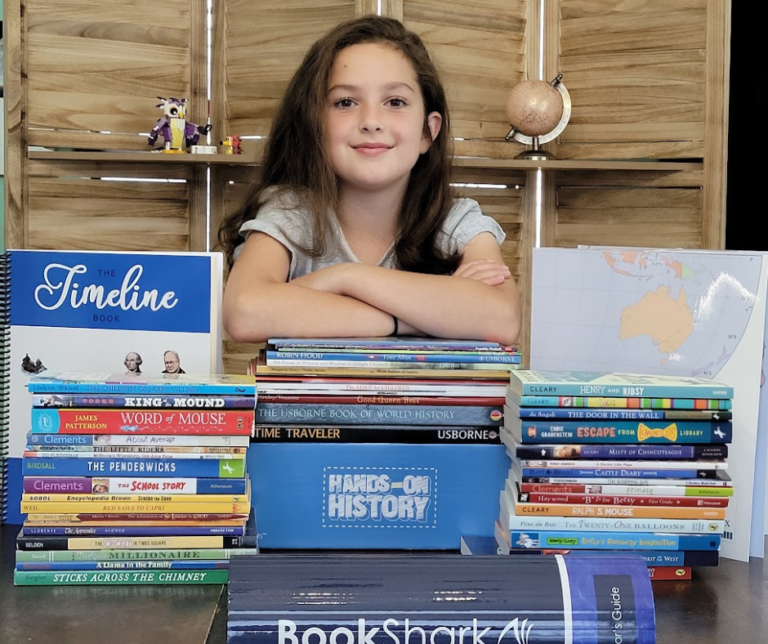
You kinda missed the point about govt “stealing” from some to give to others. This is not a dig against taxation to support the govt, which is portrayed as necessary to enforce limits on harmful behavior (e.g. stealing). It is a dig against welfare which does not support the necessary functions of govt, does not help the victims of welfare (and yes, they are usually victims, not “beneficiaries”). The primary purpose of welfare is not to help the poor, but to build power for the politician.
Counterintuitively, what makes “welfare” programas harmful are the conditions. E.g. the most egregious example is requiring a poor mother to kick the father out of the house in order to receive govt assistance. The least harmful is probably the “basic income” proposed by libertarian socialists (no conditions at all, everyone gets it, even the rich – so no need for govt to track such things). In between is “social security”, where the condition is paying the tax (which ends up being a tax on the poor).
A thorough review with a fair point: we should be clear about our biases. But after reading this review it is not at all clear to me whether or not the author realizes that asserting “governments are good and helpful” is as politically biased as asserting “governments are evil”. Both are political positions. And every economic class I’ve ever taken or audited had very clear political bias. Maybe the reason this struck the author as so shocking is because he or she was simply so accustomed to one brand of bias?
Regardless, I respect the update regarding the author’s grown appreciation for these works.
So you oppose theft, except when it’s done by government?
I am aware of legal plunder. However, whether or not I agree with paying taxes or how they are used, I do agree to pay them. In my mind, this is different than say, shoplifting. I always have the choice of moving to a country that doesn’t require taxes. However, by choosing to live in a country that does, I am agreeing to their terms as well. That doesn’t mean I won’t try to legally change the terms, but it does give me a different perspective.
I’m curious if you have read any of his books for teens? I’m primarily looking to see if the teen books have any religious overtones or teachings?
We have the teen choose your own adventure books–The Little Pink House, The Broken Window, and The Hyperinflation Devastation and there are not any religious overtones or teachings that I recall. They stick to economic principles. Ethan and Emily do demonstrate high morals, but I would align it more with how to be a good person. Hope this helps.
Awesome review, thanks. Exactly what I needed.
I’m so frustrated with the current public school curriculum. Kids are either indoctrinated with progressive ideals or taught things like the Pythagorean theorem, which they will never use in their lives. Meanwhile they have no idea how to grow vegetables, save money and budget, set goals, or deal with emotional issues.
I thought I’d struck gold with these but as I read more reviews I realized they aren’t what I thought they were. I don’t want someone’s personal blog disguised as a children’s book – even if I agree with some of the sentiments.
I may have to write my own. No pro/anti religion, no pro/anti government, no pro/anti race. Just interesting stories with solid life lessons to prepare our kids for the real world. Anyone know any illustrators? 😉
It’s disappointing to see any willful accommodation of the state beyond self preservation. It’s by far the most destructive and immoral institution ever conceived. The globalist bankers and those they’re connected with use the state to squeeze the neck of humanity, and here we have concern that government is being bad-mouthed? Please recognize that mainstream propaganda is heavily centralized, honed, and heavy. The future of our children depends on parents waking the hell up.
The book is correct. All taxation is theft. There is no such thing as legitimate government.
I am a kindergarten teacher in a public school district. I do feel like a bit of a unicorn in my profession since I disagree with many aspects which are encouraged, or obligated, by most districts. I strive to offer my students as individualized an education as I am capable while also exposing them to experiences which they might not normally encounter in public education.
Public education was designed to serve the vital role of providing literacy for all citizens of our country when the norm was an illiterate and ignorant citizenry. When it comes to socialization, public schools are best used to promote patriotism, community, and a sense of belonging; and these are all good and healthy things. However, when districts turn from socializing and begin indoctrinating, like forcing BLM ideals and vilifying police officers, the good doesn’t stop outweighing the bad, it is replaced by the bad.
I will continue to try and offer a better education for my students than may be prescribed by my district until I am no longer able to do so, then I may need to go private.
Regardless of the manner and place in which I teach, I think there will be a place for this book series in my classroom. I am now confident in purchasing this set thanks to your honest and thoughtful review. I appreciate all the time and effort you invested in this review.
Thank you.
Destiny, just wanted to extend my appreciation for an honest, objective, and thoughtful assessment. I’m always curious how kids are taught today, particularly in development of critical thinking skills. It’s pretty obvious that there are many more options today (I had Encyclopedia Brown lol) and I guess it makes sense given our increasingly complex world. I also appreciate your focus on discussion afterwards! This is the real value, imo, and the content just provides a vehicle.
Thank you.
Thank you so much for the detailed honest review!! I was hesitant to purchase after reading that they had a bias to them. I was eager to teach my kids economic theories especially since this is a topic that I myself am weak in but I do not want my children to ever believe that the government is bad & that the police are burglars. I would love if you would ever venture into writing children’s books to educate & enlighten them in the same way as this author without a political agenda.
I would love to see books and articles about the freedom of economic religion. If you want to believe in socialism or capitalism, that is fine. But the government should not take sides preferring one belief system as opposed to another. My wife and I care for a disabled adult son at home. A friend of ours does the same. My friend receives about $2500 dollars a month for being caretakers for that adult. My wife and I live on social security and receive no such additional income from the government because it is against our beliefs.
Some people believe it is morally acceptable to lend or borrow money. Some, like myself believe debt is morally unacceptable. I bought a $4000 used car last year and paid the due sales tax upon registration of the vehicle. Others pay additional costs of interests on credit cards, farm and business loans. Those payments for their vehicles are exempt from sales taxes and are allowed significant deductions on their income taxes.
Thus, I feel discriminated against and pushed into poverty by those who impose socialist values upon our society. Boyack is right. There are some of us who are profoundly injured by socialism!
Thank you so much for your review. I was debating for the last 6 month if I should or should not purchase these book, but my main worry was what political tone they would carry. I was hoping for something more neutral , since we have quite the opposite view. And while I agree it could be beneficial for the kids to read those and discuss after with the parent , I am not quite sure if I have the time to take the book apart and sit there to discuss with all the questions which would follow. Do you have any suggestions of any book series which doesn’t lean to political affiliation and if so, certainly not Libertarian.
I really appreciate you witting such a detailed review .
To be fair, the only libertarian viewpoint found is that of very limited government interference. So, if you are a democratic socialist, you’re going to hate these books. Otherwise, so far these are the best ones I’ve found for young children and most of the books are politically neutral, minus the ones I mentioned. For middle school and up, the Uncle Eric books are good.
What a thoughtful review. Thank you. Do you have any recommendations for laws and economic books for a child of 13?
I would recommend the Uncle Eric books by Richard J. Maybury. He has several and I’ve loved all of them for teaching economic principles and application. For high school economics, I use Boundary Stone. Boundary Stone also has an American Government class.
I can’t find boundary stone – who is the author?
Here is the link to their site: https://boundarystone.org/basic-economics-course-unenrolled/
You can also search my site for a review of their High School Economics course.
If only, if only….. If only the rest of humanity could look at, analyze and discuss subjects like you do we would have such a more tolerant society. Too bad more children (from 3 to 93) aren’t taught critical thinking skills. Great job!
Thank you. I appreciate your review very much. I was a bit put off by all the “These are great!” comments too because I need to know more before I decide. They mean well, but it simply wasn’t helpful. Your comments are exactly what I was looking for. I’m glad I found your site.
I’m glad you found it helpful. If you decide to buy them, right now you can get them 50% off with coupon code CURRENTAFFAIRS.
Thanks for the honest review and the thoughtful manner in which you presented the data. This year I have had several discussions with my kids about developing critical thinking skills and being able to analyze DATA and form conclusions so I appreciated the perspective you provided. We don’t have to agree with everything we read or watch or hear but we should be able to analyze data and have discussions about the data being presented. And while I may not agree with all the data in the books, it seems like they would be a great addition to my kids library that would help us have more discussions about the law and the market. Again, thanks for the insight.
Heather
You’re welcome. We’ve been having some great discussion in our home about what we’re reading in the books. And yes, teaching our kids to develop critical thinking skills is so vital.
Thank you for the detailed review. I’m more so libertarian than anything else, but I don’t exactly want to read books to my kids depicting cops as burglars, legal plunder, etc. I’ll start with the more moderate ones because there is still a TON of value here, such as the non agression principle, that just goes unaddressed when teaching to kids.
Your review was just what I was looking for. Thanks for investing the time and sharing !
You’re welcome!
Thanks for your honest review. It’s good to know exactly what I’m getting in to when buying products.
You’re welcome!
Such a great and comprehensive review and a great reminder how important discussion is after reading the books to truly raise free-thinking kids vs indoctrination.